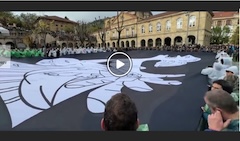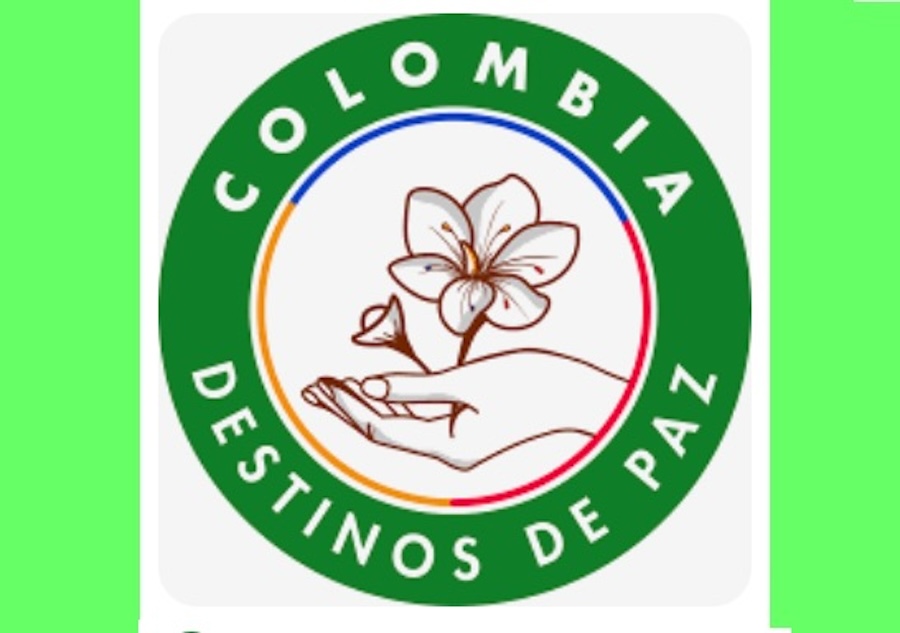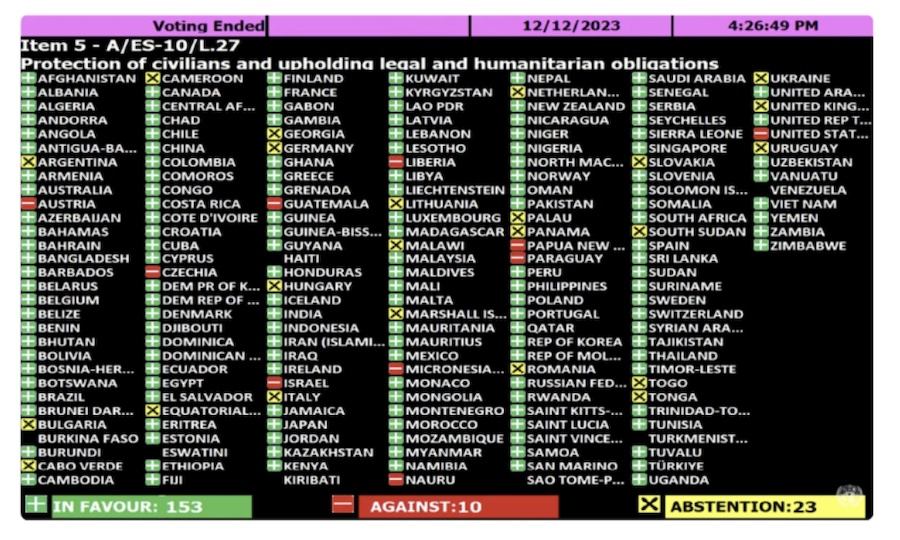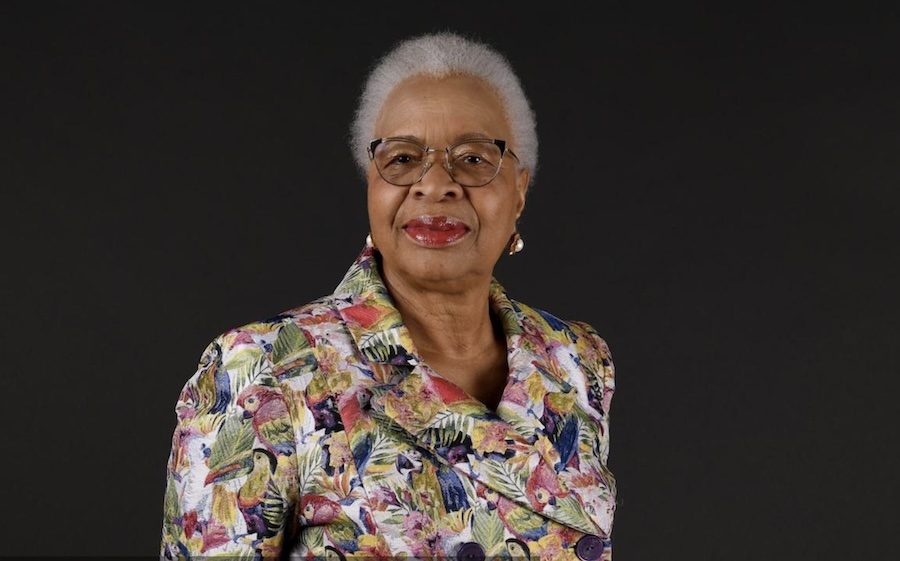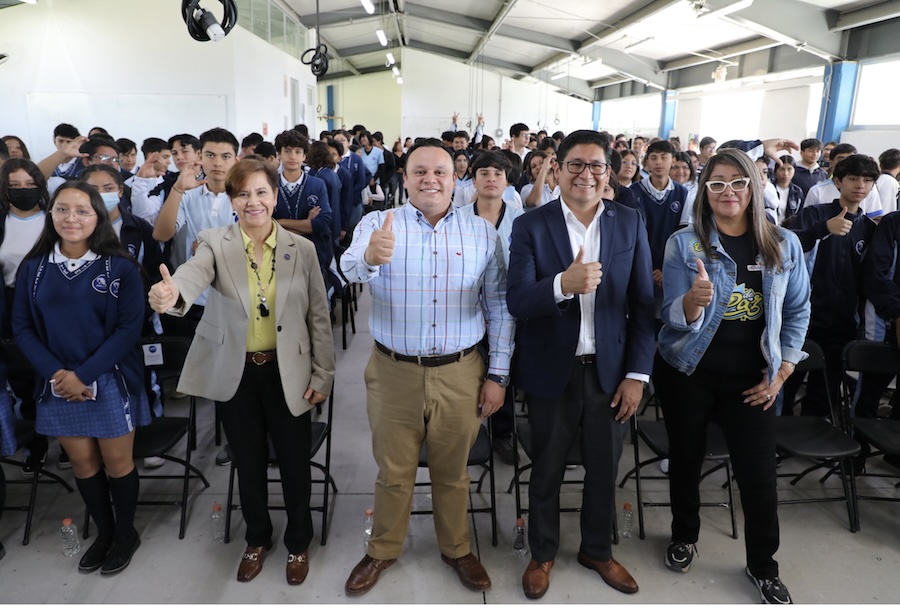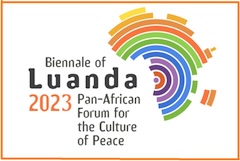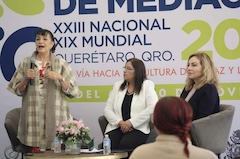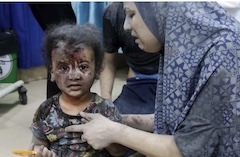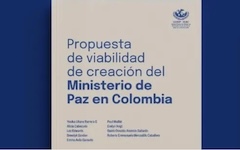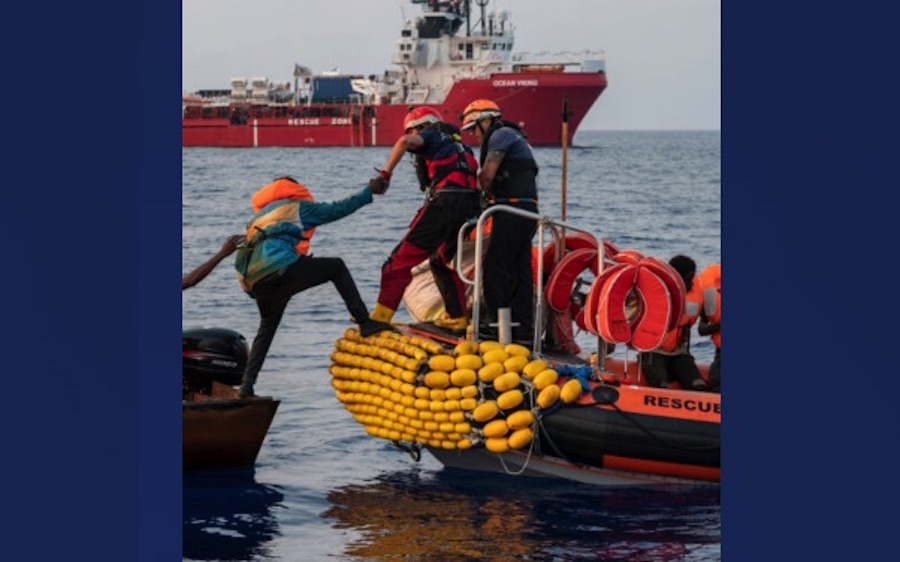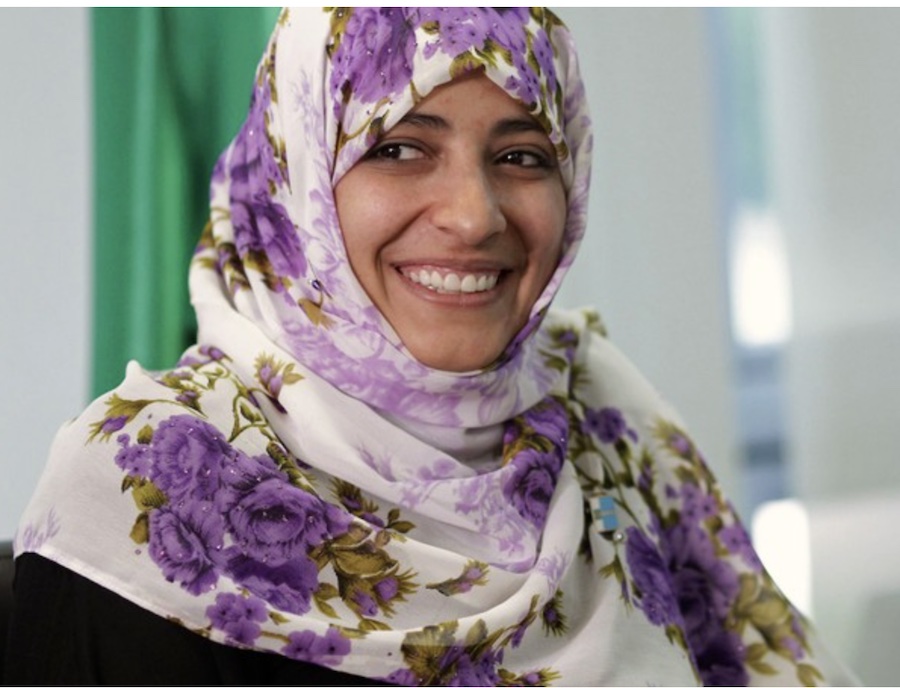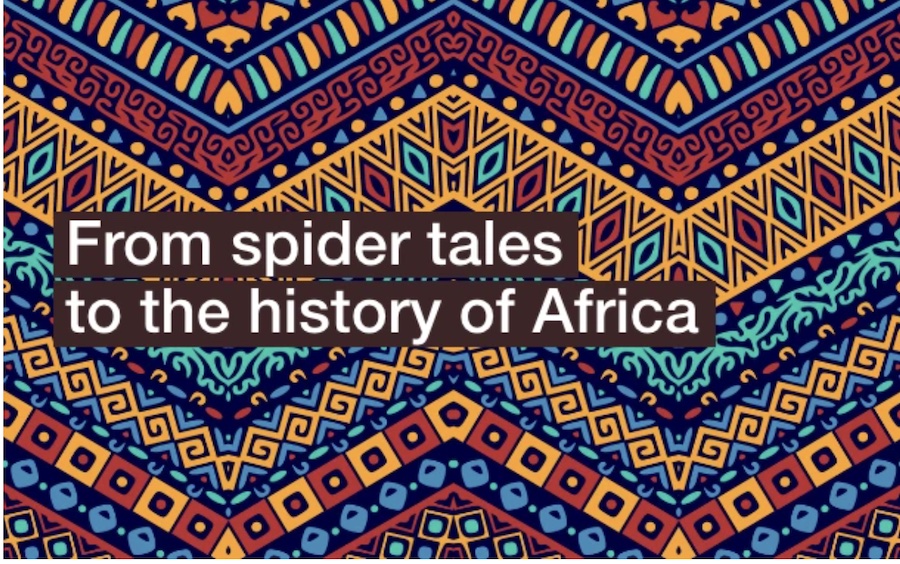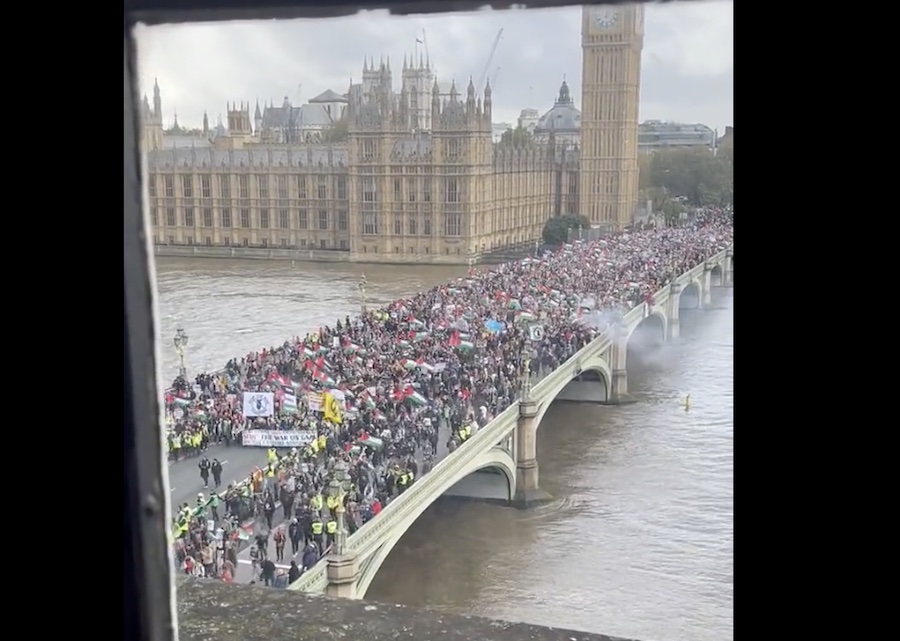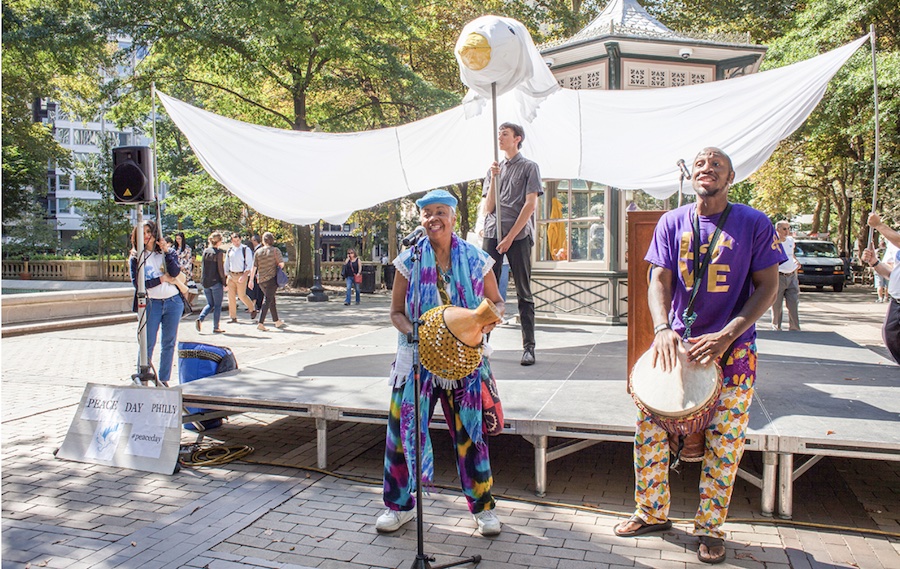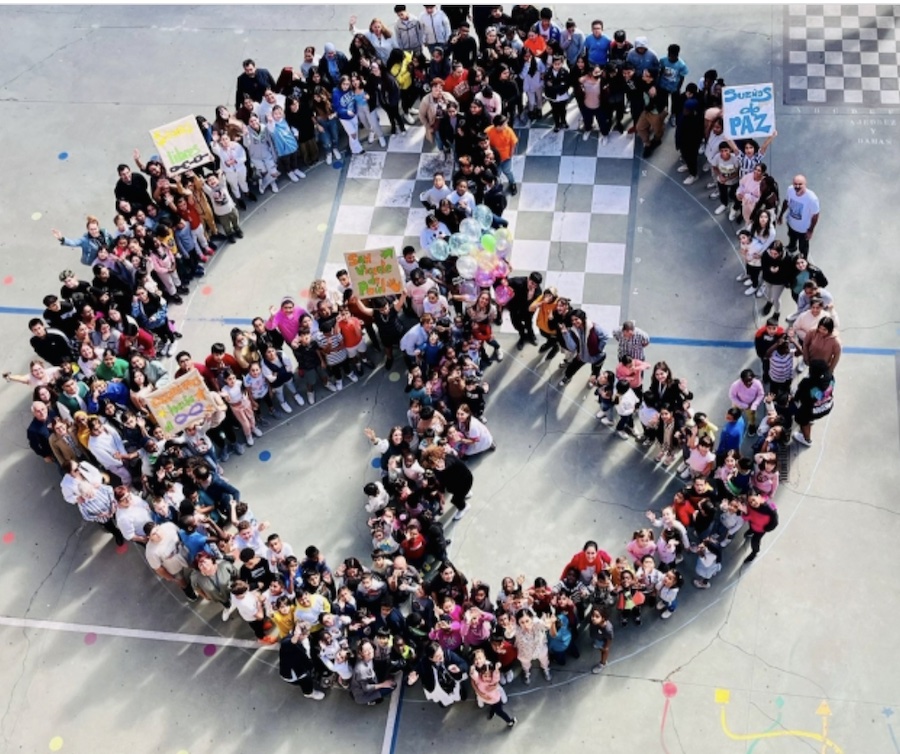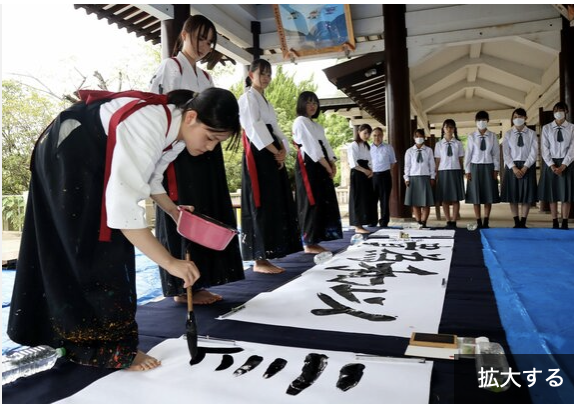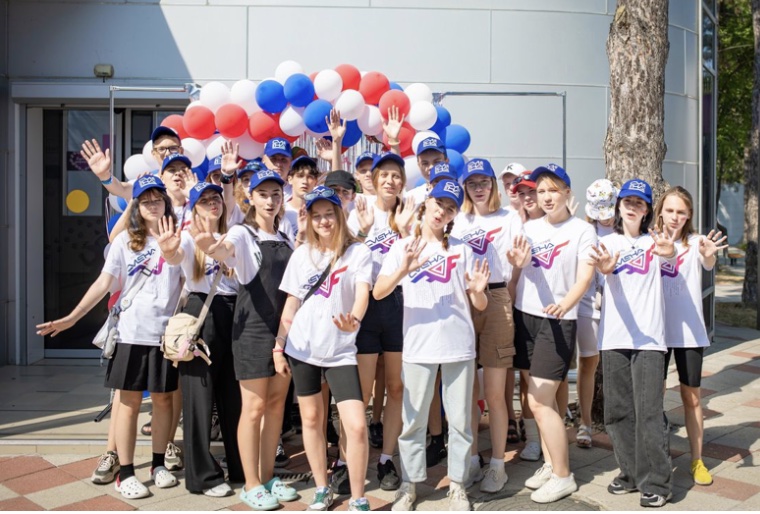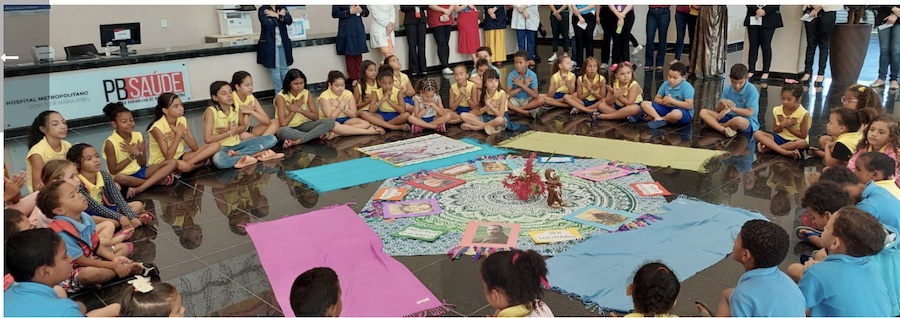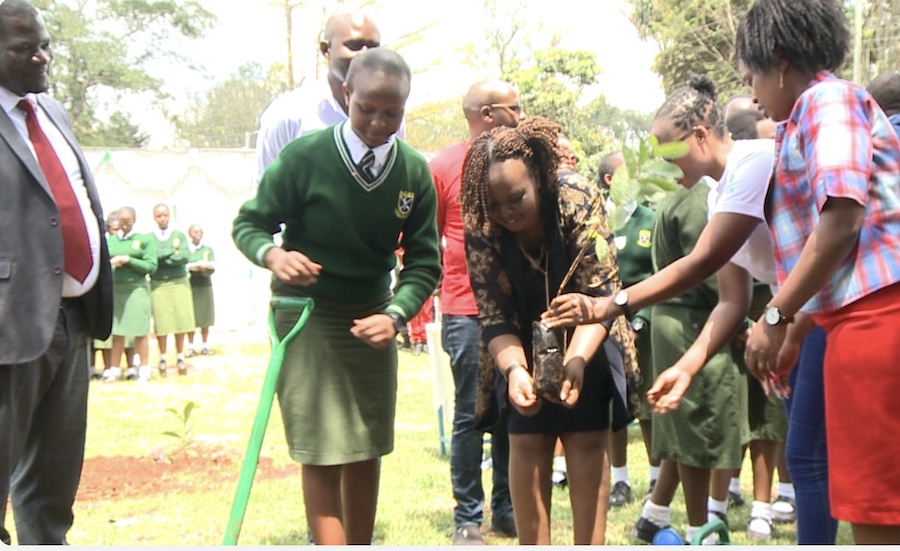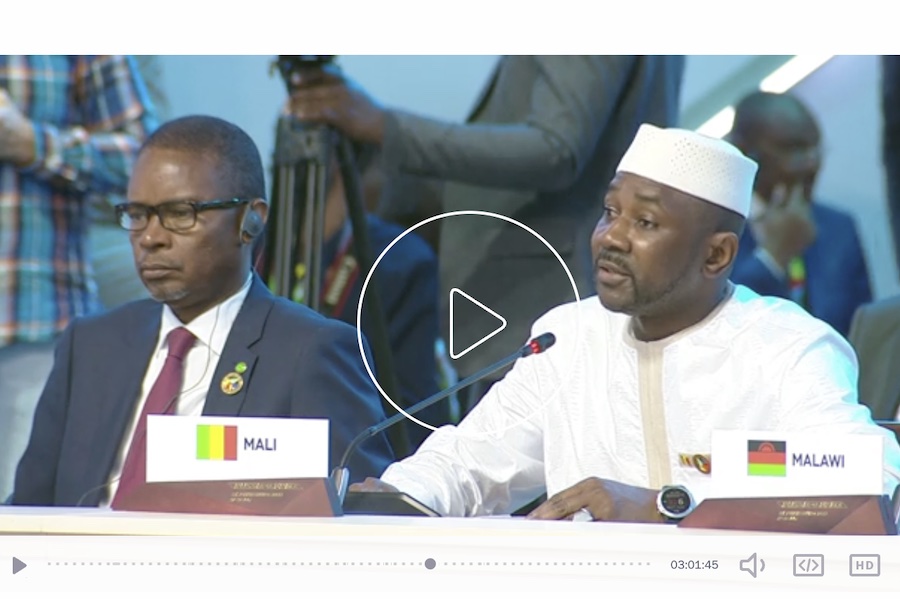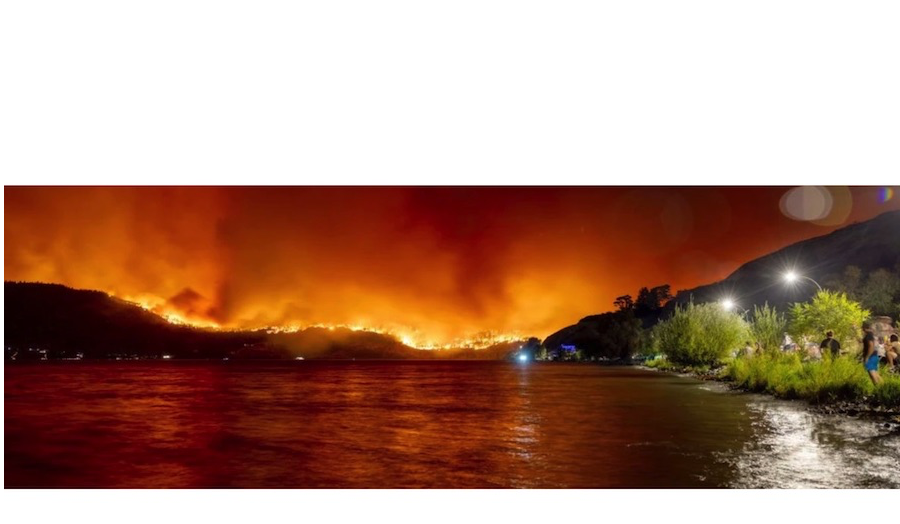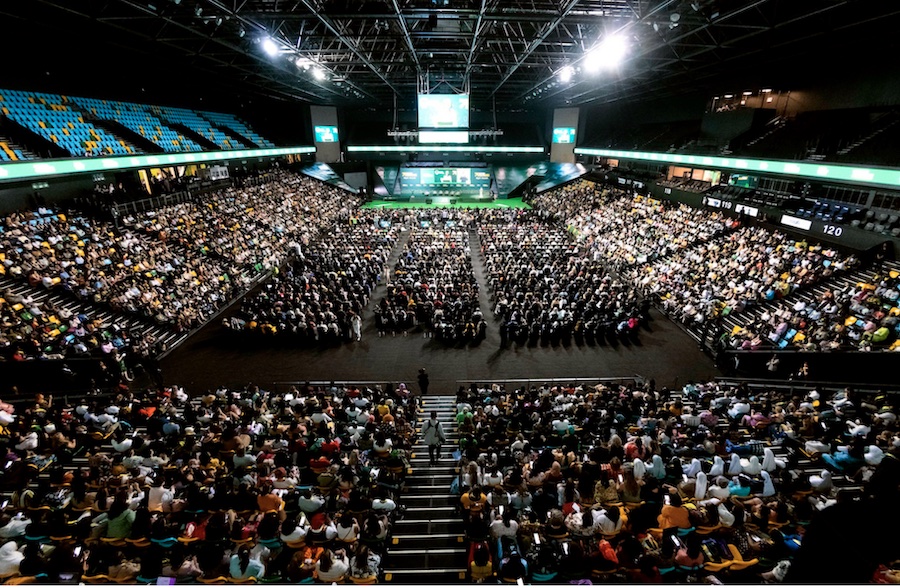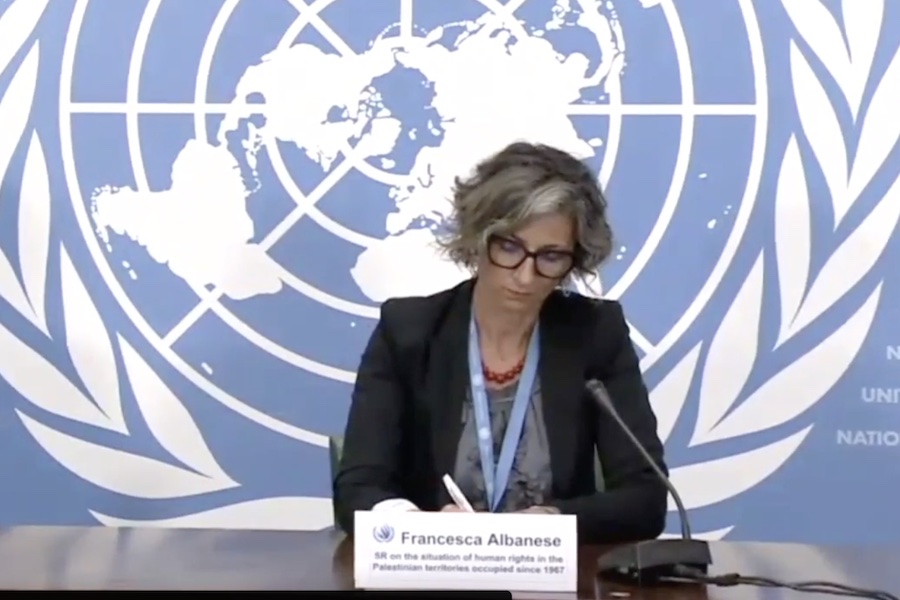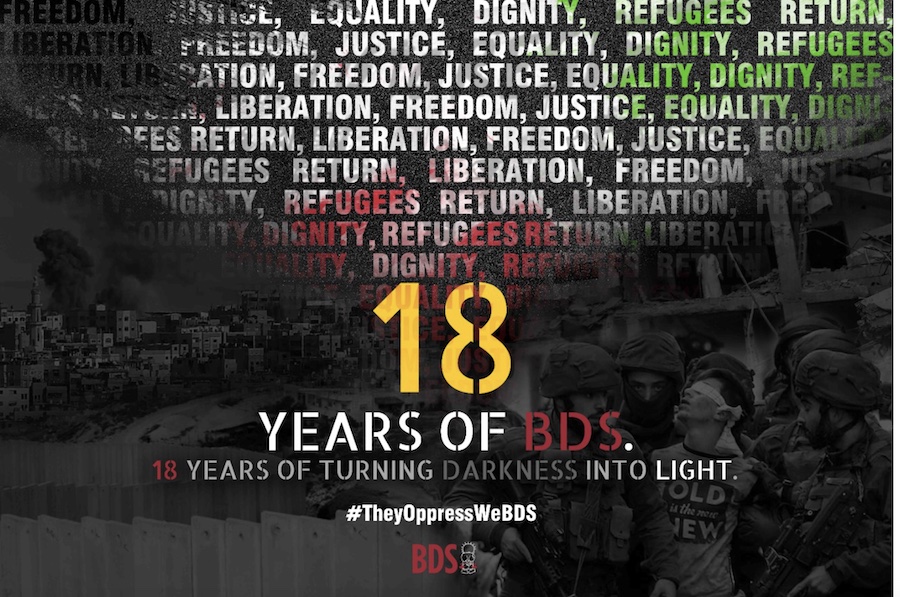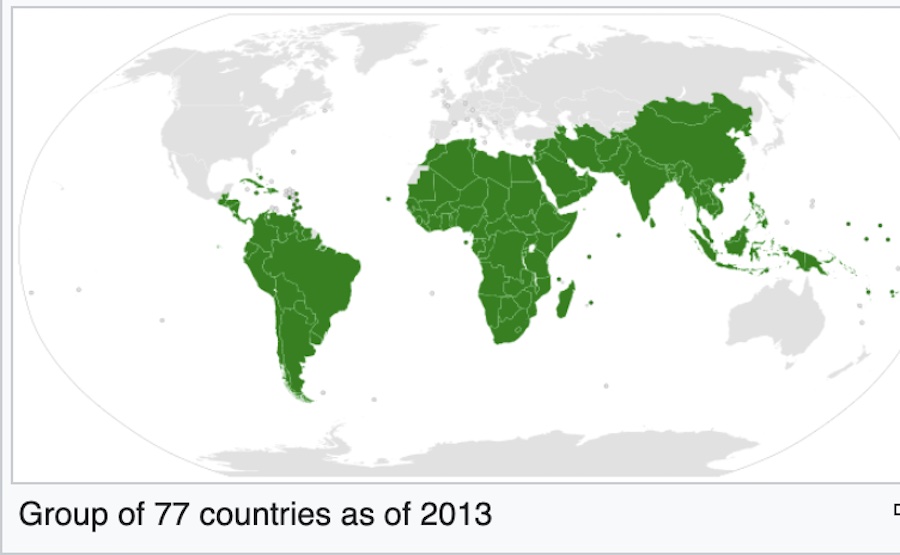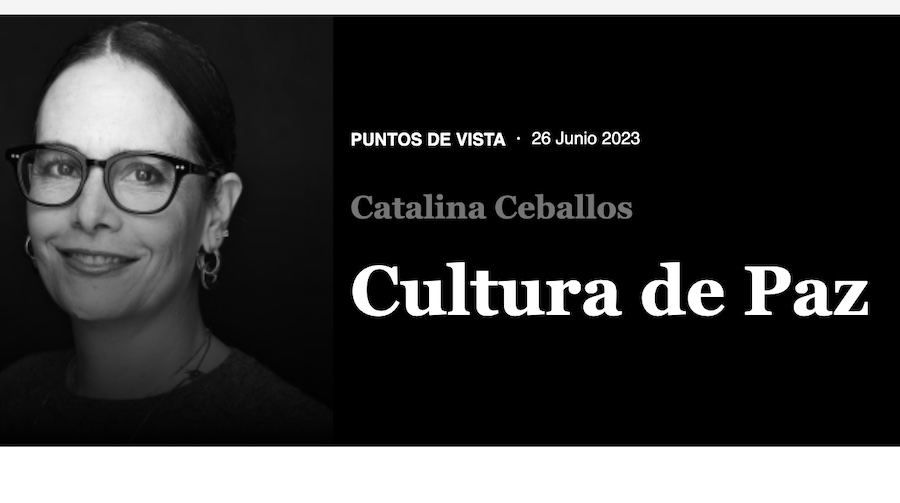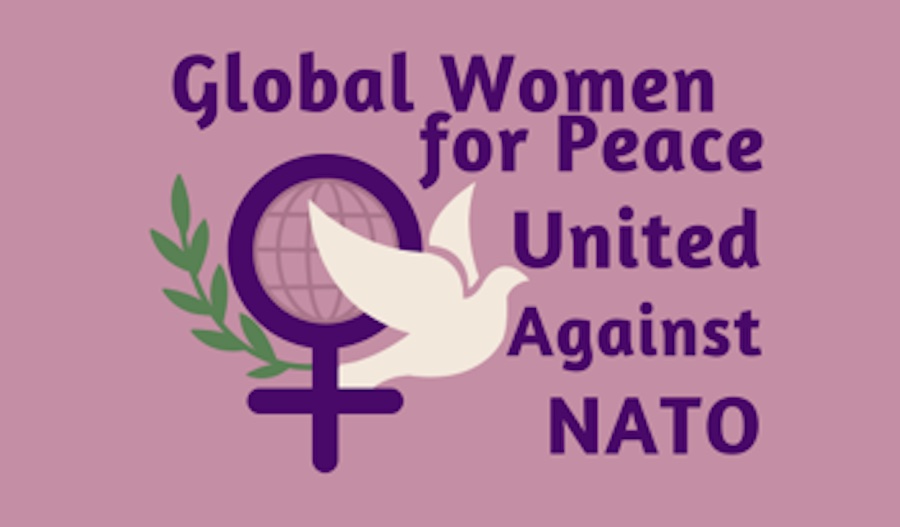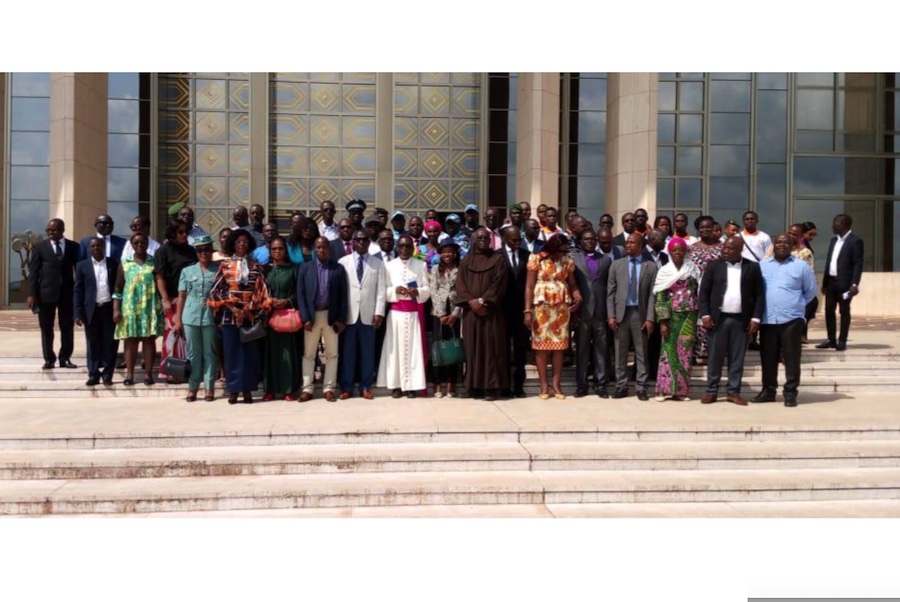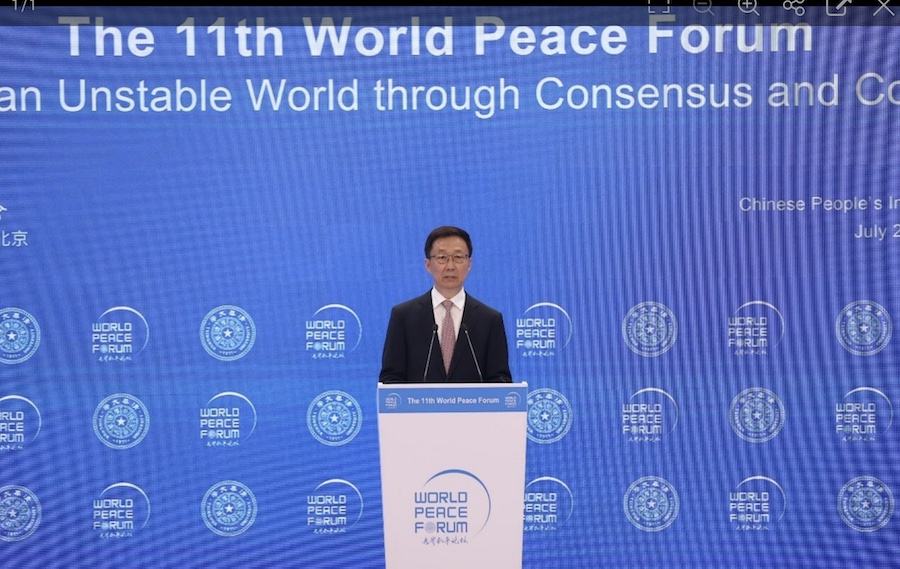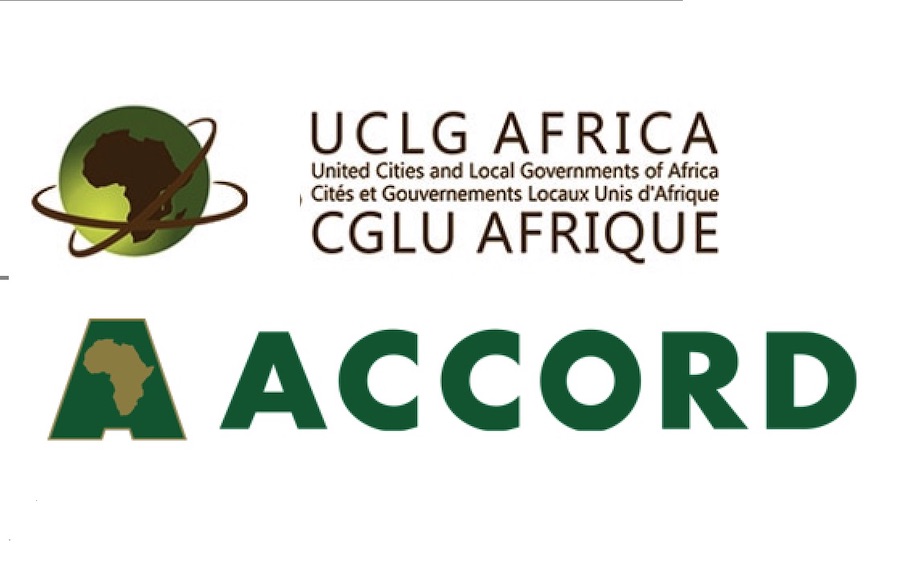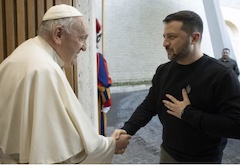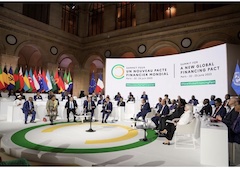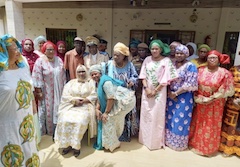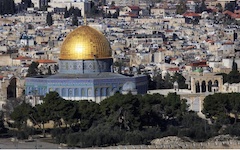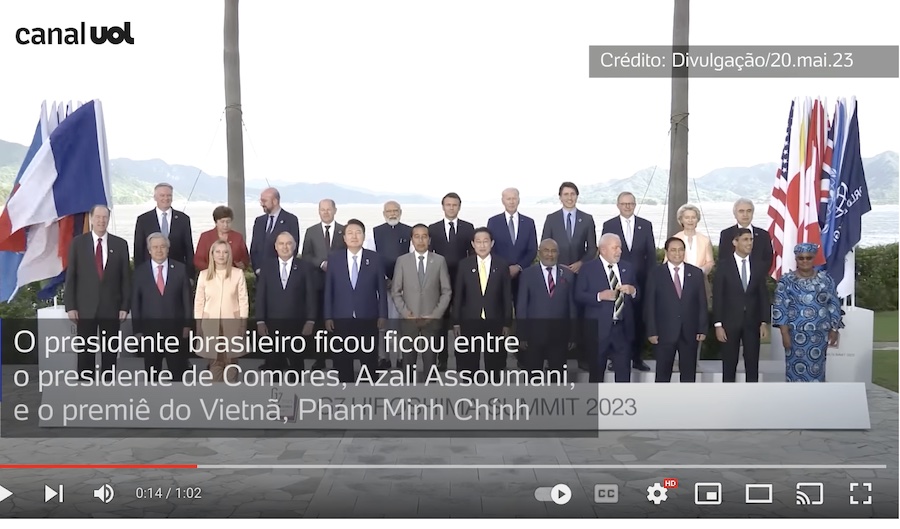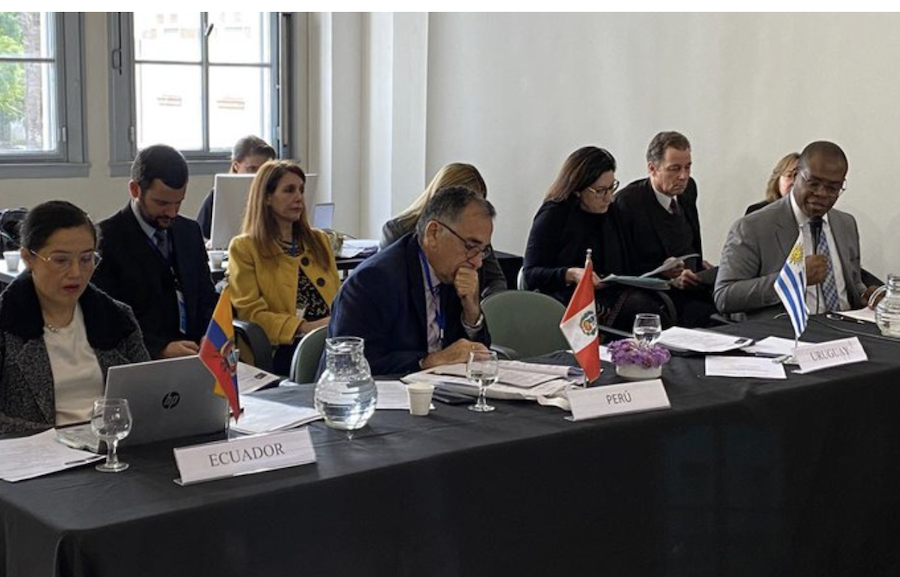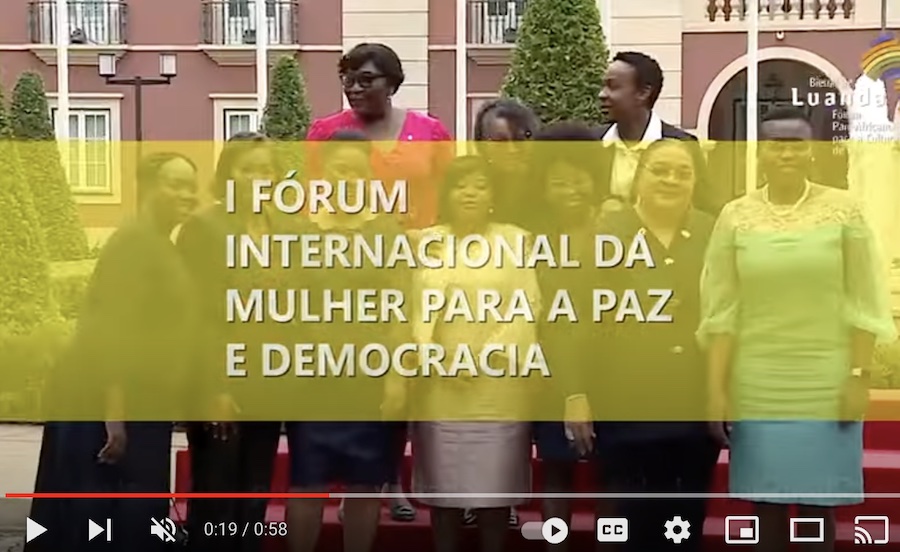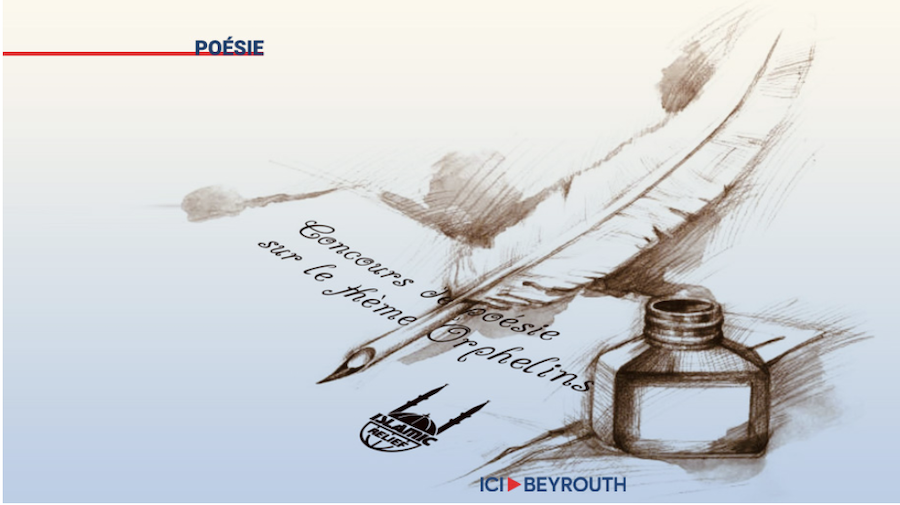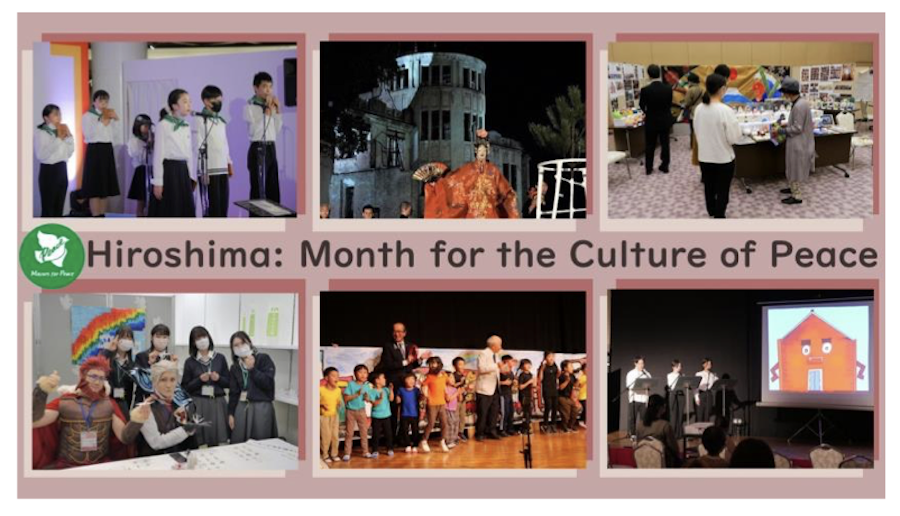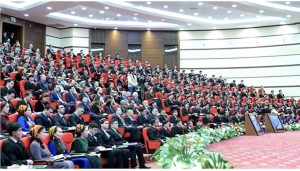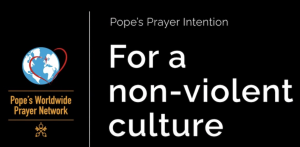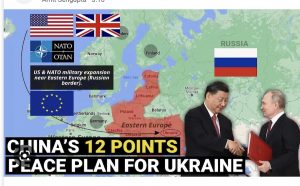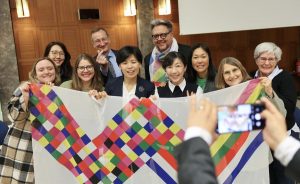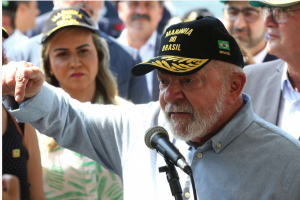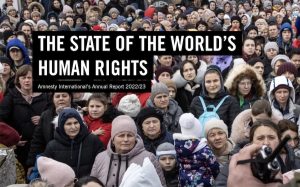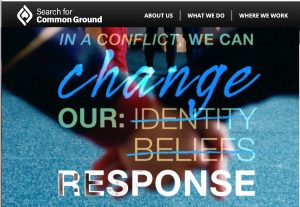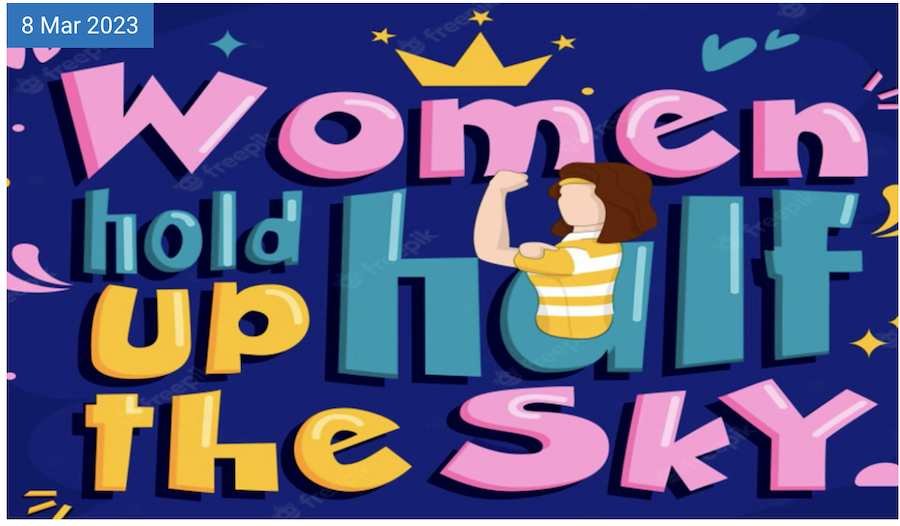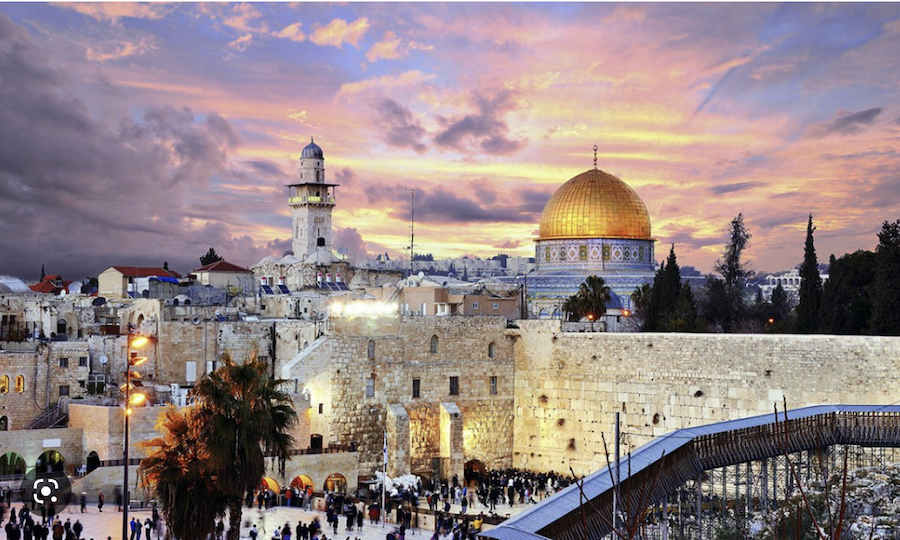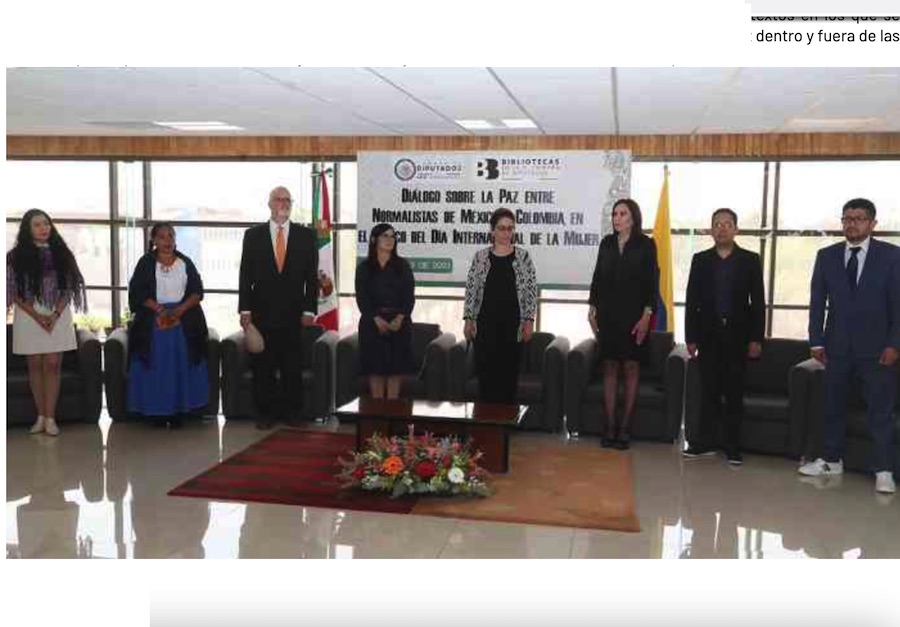Efforts continue to stop the Israeli genocide in Gaza. The UN General Assembly voted 153 in favour to 10 against and 23 abstentions to demand a ceasefire. And the UN Secretary-General has been asked to put the ceasefire to a vote by a global referendum.
While Europe and the Middle East, abetted by the United States, continue to destroy themselves with war and the culture of war, not only in Gaza but also in the Ukraine, there is good news from another part of the world. In Latin America, the people of Colombia, Mexico, Brazil and Argentina continue to cultivate a culture of peace. This continues the trend that Latin America leads the world in developing a culture of peace. Over the years, CPNN has published more articles from this region than from any other, with Africa being second.
Colombia is developing a strategy of tourism for sustainable development and peace, including peace tourism territories, local economic development, purposeful tourism promotion and the construction of a culture of peace around tourism.
In Colombia, the city of Medellin celebrates its most peaceful days in the last 40 years, thanks to the work of the Non-Violence Secretariat that was created in 2020. The work includes attention to the victims of the armed conflict, and with opportunities and training for peace signatories; with measures to prevent the involvement of adolescents and young people in organized crime; with training in a culture of peace for boys and girls; and with the implementation of actions for reparation between victims, community and those responsible.
From November 24 to December 8 in Colombia, the Peace Cinema Festival took place, with the screening of more than 30 cinematographic pieces, including feature films and short films, that give an account of the New Colombia that has arisen after the signing of the Peace Agreement. The programming of the festival includes public training spaces, forums, workshops, dialogues and projections around memory and peace.
Added to these efforts is the proposal of the Global Alliance for Infrastructure and Ministries of Peace – Latin America and the Caribbean chapter, presented in November to the members of the Senate and the House of Representatives in Bogotá, to create a Ministry of Peace that coordinates the construction and culture of peace actions throughout the country in collaboration with the ministries in charge of health, education, environment, culture and security.
In Mexico, the VI Global Culture of Peace Forum took place at the University of Guadalajara, including a master conference “Peace Studies in Latin America”, as well as a panel “Construction of Citizenship and Promotion of the Culture of Peace” and the international tables “Education, Consciousness and Peace”, Public Policies of Peace, Security, Justice and Peace.
Also in Mexico, the program Multipliers of Peace has impacted more than 19 thousand young people in the state of Guanajuato. The program uses the “Humanízate” methodology, consisting of various activities that involve the participation of the youth community, such as discussions, training sessions, conferences, macro games and virtual meetings. In this strategy, young people between 17 and 30 years old can participate who intend to generate a positive change in their life and environment, building a culture of peace.
At the National Autonomous University of Mexico, the Permanent Seminar on Social Sciences was dedicated this year to the reconstruction of the social fabric and the culture of peace. During 18 sessions methodologies were analyzed, experiences of community and territorial interventions were shared, and theoretical approaches were addressed to provide elements for the understanding and relevance of the reconstruction of the social fabric and the culture of peace.
Also at the Metropolitan Autonomous University, Mexico City, the recently created Research Network on Culture of Peace, Justice and “Solid Institutions” carried out various peacebuilding actions throughout the year. In September 2023, this Network held the First Days for Peace with conferences and workshops on peace education, meditation and strategies to build peace in Latin America.
At the assembly of the National Association of Universities and Higher Education Institutions, 113 rectors of universities and public and private institutions in Mexico committed to a joint strategy for the construction of a culture of peace. This commitment is made within the framework of the new General Law of Higher Education that makes a university education mandatory for “The culture of peace and the peaceful resolution of conflicts, as well as the promotion of the value of equality, justice, solidarity, the culture of legality and respect for human rights”.
The joint work between Colombia and Mexico has also been observed throughout this year. José Luis Calderón and Irene Álvarez, officials of the Ministry of the Interior, Mexico, edited the book “Culture of human rights for a future of peace. Experiences in Mexico and Colombia“, published by the Economic Culture Fund. This book is proposed as a reference for future binational collaborations for peacebuilding in Latin America.
In Brazil, the 2nd Restorative Justice Dialogue in Schools was organized by the Ministry of Education. This was the first step in the implementation of a Technical Cooperation Agreement for the implementation of the “Restorative Justice in Schools” project signed by the Ministry and the National Council of Justice. The objective is to promote a culture of peace and non-violence in schools, using practices that involve dialogue, accountability and repairing the damage caused by conflicts.
Brazil has long been a leader in the development of restorative justice.
In Argentina, despite the recent election results, progress continues towards a culture of peace. On December 6, an international meeting on Participatory Conflict Resolution Methods “Human Rights, democracy and culture of peace” was held in the City of Salta with more than 400 mediators from different organizations at the federal level. During the conference, different panels were held with experts working on different thematic axes related to Participatory Conflict Resolution Methods throughout Argentina.
The current issue of the magazine CoPaLa-Construyendo Paz Latinoamericana, is dedicated to the Declaration for the Transition towards a Culture of Peace in the 21st century, through reflections and experiences of peace building in several countries in the region that include Argentina, Chile , Colombia, Mexico and Puerto Rico. The issue is free and open for reading.
Even if we fail to see progress towards a culture of peace in international relations, i.e. between national governments, we can find it in initiatives such as those listed above at the national and local levels. These countries of Latin America show us how it can be done.
|
WOMEN’S EQUALITY |
EDUCATION FOR PEACE |
DISARMAMENT & SECURITY |
DEMOCRATIC PARTICIPATION |

